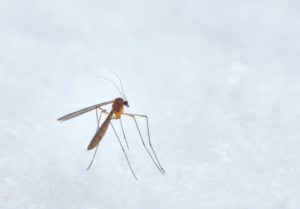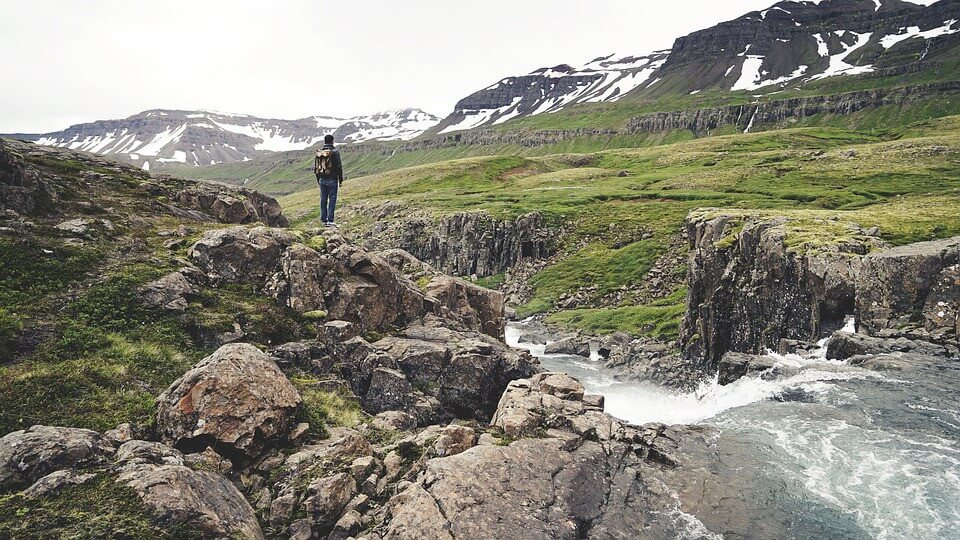 Warm sunny weather might seem perfect for hiking, but the temperatures also allow bugs to flourish. The bugs people encounter during hiking can be more than just annoying. Some pests like ticks also carry dangerous diseases. To protect themselves, hikers need to follow these insect repelling tips.
Warm sunny weather might seem perfect for hiking, but the temperatures also allow bugs to flourish. The bugs people encounter during hiking can be more than just annoying. Some pests like ticks also carry dangerous diseases. To protect themselves, hikers need to follow these insect repelling tips.
Wear the Right Clothes
The clothing a hiker wears makes a big difference to whether or not insects bother them. Typically, light colored garments that cover the torso, arms, and legs are advisable. Look for items that fit tightly around the wrists and ankles to further prevent bugs from crawling in. Avoid anything colorful or flowery, because it is possible for bees and other stinging bugs to mistake prints for a real flower.
Use an Effective Insect Repellent
On any exposed skin, be sure to use an effective insect repellent. Many people like the idea of natural repellents, but many of these products do not work. Check for options with things like cedar and lemon eucalyptus, which have been shown to actually repel mosquitoes. However, hikers should be aware that no natural product has been shown to be a foolproof way of repelling ticks. For avoiding tick bites, wear clothes treated with permethrin and apply a DEET based solution on any exposed skin.
Move With Care
Part of keeping bugs away is avoiding going into spots where bugs are likely to congregate. Hikers should avoid reaching into holes, around rocks, and onto branches they cannot actually see. In areas with a lot of overhanging branches, use a stick to knock down webs before proceeding. When possible, do not walk through bushy areas filled with tall grass. When stopping to rest or camp, always check before leaning back or sitting down. This will help avoid an unpleasant encounter with spiders, ants, and other creepy-crawlies.
Hike at the Right Time of Day
Most insects rely on external temperatures to warm their body, and they become inactive when cold. Therefore, those concerned about pests should aim for early morning hikes. It takes a while for bugs to get moving again after chilly evenings. When possible, avoid hiking in late afternoon and early evening. Bugs are most active at this time of day.
